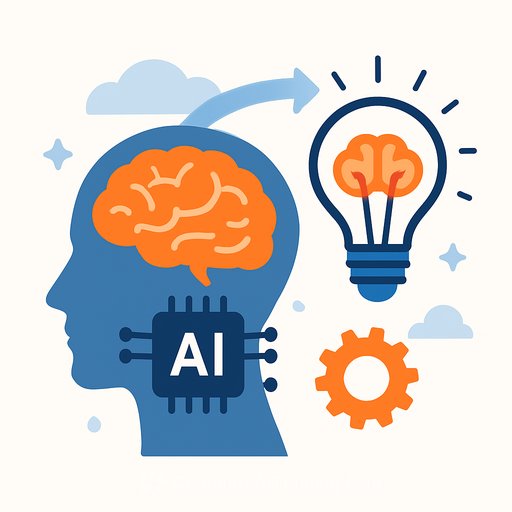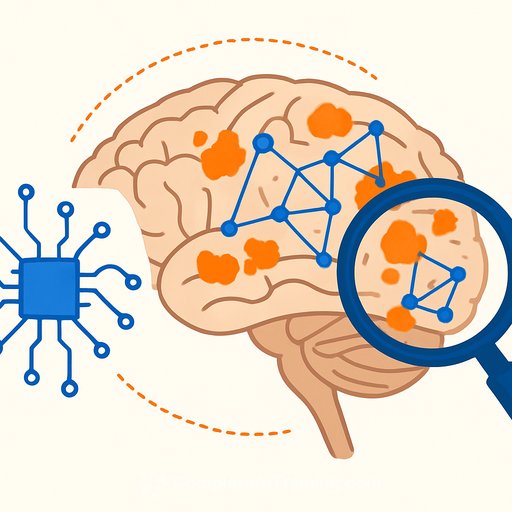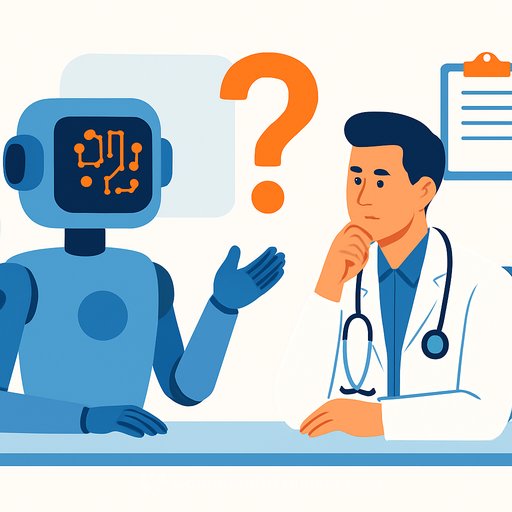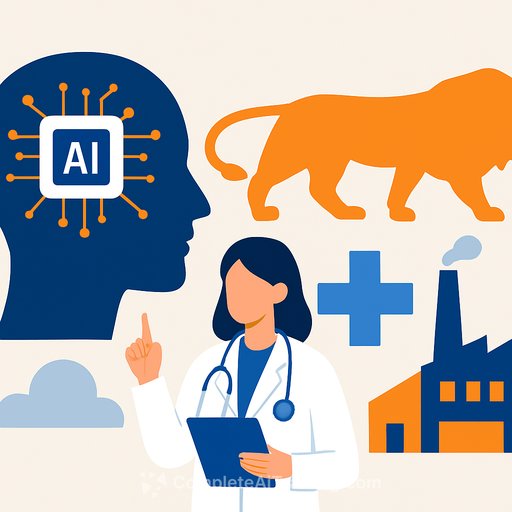AI Predicts Biological Age and Cancer Outcomes Using Facial Photos
Researchers at Mass General Brigham have developed an AI system named FaceAge that estimates biological age from a patient’s facial photo. This tool leverages deep learning to analyze facial features and predict survival outcomes for cancer patients. Findings reveal that cancer patients tend to look about five years older biologically than their actual age, and a higher FaceAge correlates with poorer survival across various cancer types.
FaceAge’s predictions also proved more accurate than clinicians in estimating short-term life expectancy for patients undergoing palliative radiotherapy. These results were recently published in The Lancet Digital Health.
Why Biological Age Matters in Cancer Care
Unlike chronological age, biological age reflects a person's physiological condition and can provide a better indicator of overall health. Physicians often rely on visual assessments of patients’ appearance combined with clinical data when deciding treatment plans, but these judgments carry subjective biases.
FaceAge offers an objective measure by estimating biological age from a simple facial photo. Patients who appear younger than their chronological age tend to have better outcomes after cancer treatment, making this tool valuable for clinical decision-making.
How FaceAge Was Developed and Validated
- Trained on 58,851 photos of presumed healthy individuals from public datasets.
- Tested on 6,196 cancer patients from two treatment centers using photos taken before radiotherapy.
- Showed that cancer patients appear biologically older, on average by five years, than their actual age.
- Higher FaceAge predicted worse survival outcomes, especially for patients with a FaceAge over 85.
The system’s performance remained significant after adjusting for factors like chronological age, sex, and cancer type.
Improving Prognosis Predictions for End-of-Life Care
Estimating survival time near the end of life is challenging but essential for tailoring cancer care. In a study involving 10 clinicians predicting life expectancy from patient photos, their accuracy was only marginally better than chance, even with clinical context.
However, when clinicians had access to FaceAge data alongside clinical information, their predictions improved notably. This suggests FaceAge could support better-informed decisions in palliative care settings.
Next Steps and Broader Applications
Further validation is needed before integrating FaceAge into routine clinical practice. Ongoing research aims to:
- Expand testing across different hospitals and cancer stages.
- Track FaceAge changes over time during treatment.
- Assess accuracy against variables like plastic surgery and makeup.
- Explore predictions for other diseases, general health status, and lifespan.
Since aging is a critical factor in many chronic diseases, tools like FaceAge could become valuable for early detection and personalized care planning, provided ethical and regulatory standards are met.
For healthcare professionals interested in AI applications in medicine, exploring training resources can be helpful. Visit Complete AI Training for courses on AI in healthcare and medical research.
Your membership also unlocks:









